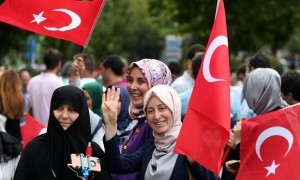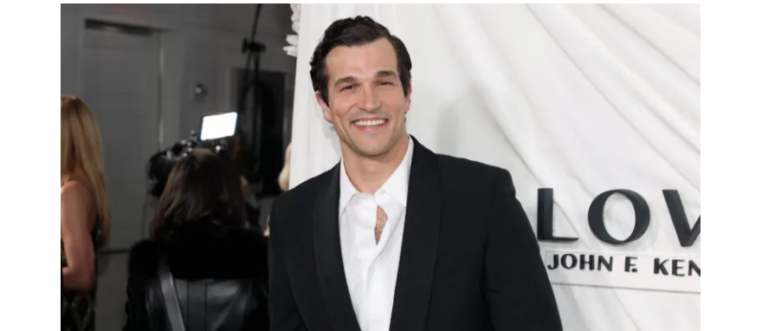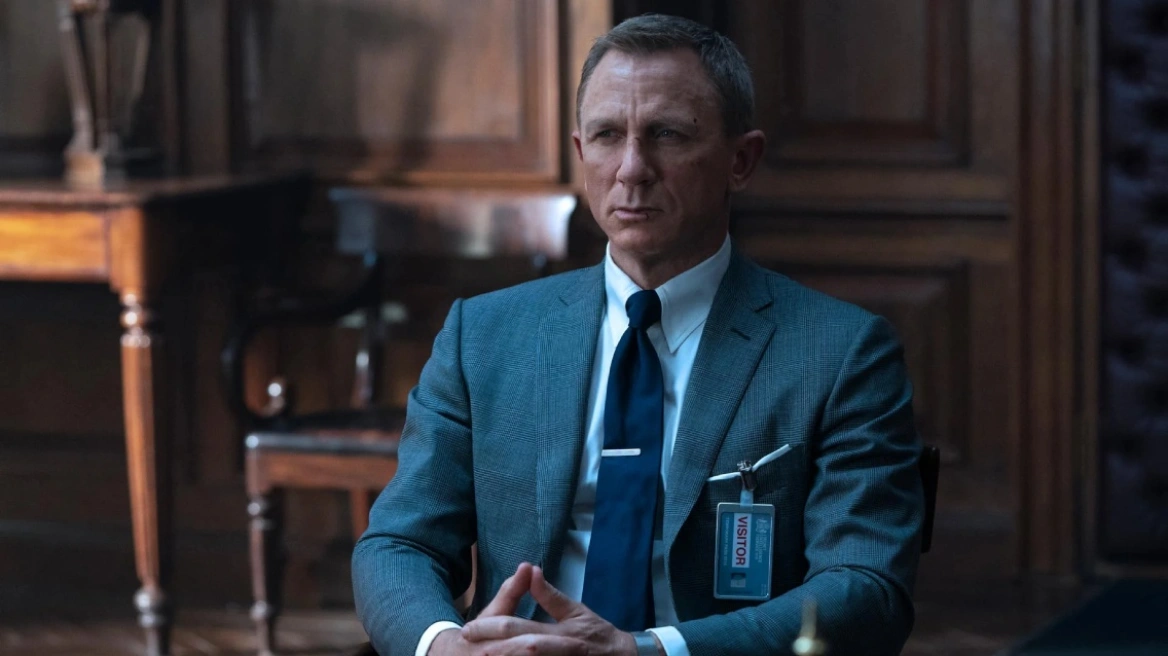On the anniversary of the failed coup in Turkey, the Turkish President Recep Tayyip Erdoğan wrote an article in the British newspaper The Guardian where he tries to defend the purge that followed the coup, while at the same time he has some hard things to say about the West…
Draw your own conclusions…
Today marks the first anniversary of the 15 July coup attempt in Turkey. Exactly one year ago, millions of Turkish citizens set aside their political, cultural and ethnic differences to form a united front against the plotters who tried to suspend our country’s constitution, shot at innocent civilians and bombed the parliament. Together, the people of Turkey refused to allow an armed group to rob them of democracy, liberty and their way of life.
In thwarting this assault, 250 people lost their lives and another 2,193 were injured. My government’s continuing efforts to bring to justice Fethullah Gülen and his followers – who, evidence suggests, were behind the failed coup – isn’t just important for Turkey but for democracy everywhere.
Between 1960 and 1997, at least four elected governments were forcibly removed from office by the military. For decades elected officials could not liberate themselves. Nor could the nation fully recover from the ill-treatment of its elected representatives in the past. Worse, military coups severely weakened the Turkish population’s confidence in government institutions.
Since its rise to power in 2002, the Justice and Development party (AKP), which I lead, has implemented reforms to empower elected officials at the expense of certain groups within the military. In doing so we have been able to restore the Turkish people’s confidence in public institutions. Those who turned their weapons against innocent civilians on 15 July hit a brick wall made of a decade of progress in politics, economics, healthcare, justice, foreign policy and fundamental rights. This connection between the people and their government is the ultimate measure of our democracy’s resilience, and the strongest guarantee of its survival.
The thwarting of the coup marked a turning point in the history of democracy; it will be a source of hope and inspiration for all peoples who live under dictators. Unfortunately Turkey’s allies, particularly our friends in the west, have been unable to fully appreciate the significance of what happened. Instead of expressing solidarity with my countrymen, a number of western governments and institutions opted to wait and see how the crisis would play out. Their hypocrisy and double standards deeply disturbed the Turkish people, who risked everything to defend freedom.
The fact that efforts by Turkey to identify and dismiss public officials loyal to Gülen – a US-based Turkish national – came under fire from the same groups raised questions regarding the west’s commitment to my country’s democracy and security. To add insult to injury, dozens of senior leaders of FETÖ, the organisation led by Gülen, have been granted asylum by our country’s self-proclaimed friends and allies. There is no way to sugar-coat this betrayal of Turkey’s friendship – which is incompatible with bilateral relations and fundamental values alike. Today, western leaders have a choice between standing in solidarity with terrorists or regaining the favour of the Turkish people.
Nor is it possible to justify the criticism directed at Turkey for declaring a state of emergency at a time when several countries that face relatively minor national security threats have opted to do the same. Over the years, the Kurdistan Workers’ party (PKK) has claimed almost 50,000 lives.
It is not easy to combat a highly secretive organisation such as FETÖ, whose members systematically infiltrated Turkey’s public institutions for decades and rose through the ranks. They now attempt to slow down judicial proceedings – even though there is concrete evidence, including video footage, implicating them.
We remain committed to justice. Turkey has set up independent commissions to review the cases of former public officials challenging their dismissals. Our goal is to prosecute criminals to the full extent of the law while building our country’s resilience to future attacks.
Ask me anything
Explore related questions





